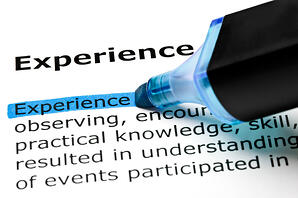 Michelle Baker – Tenacious Professional
Michelle Baker – Tenacious Professional
It was the strict admonition of a caring parent that triggered Michelle’s interest in the law. When the movie Helter Skelter came out, her father felt his 18-year-old daughter was too young for its graphic content. She did not watch the movie, but she did become curious. So when she came across the book several years later, she bought it and read it. But it was not the gruesome details of Charles Manson’s murderous rampage that captured Michelle’s imagination, it was the law and its machinations that the prosecutor employed to try to bring the famed killer to trial. She was amazed at the detail, complexity and depth in the law and she was hooked.





 Making the decision to go to college can raise some financial questions. What if it costs more than you think you can afford? What kind of financial aid can you receive? At
Making the decision to go to college can raise some financial questions. What if it costs more than you think you can afford? What kind of financial aid can you receive? At 









